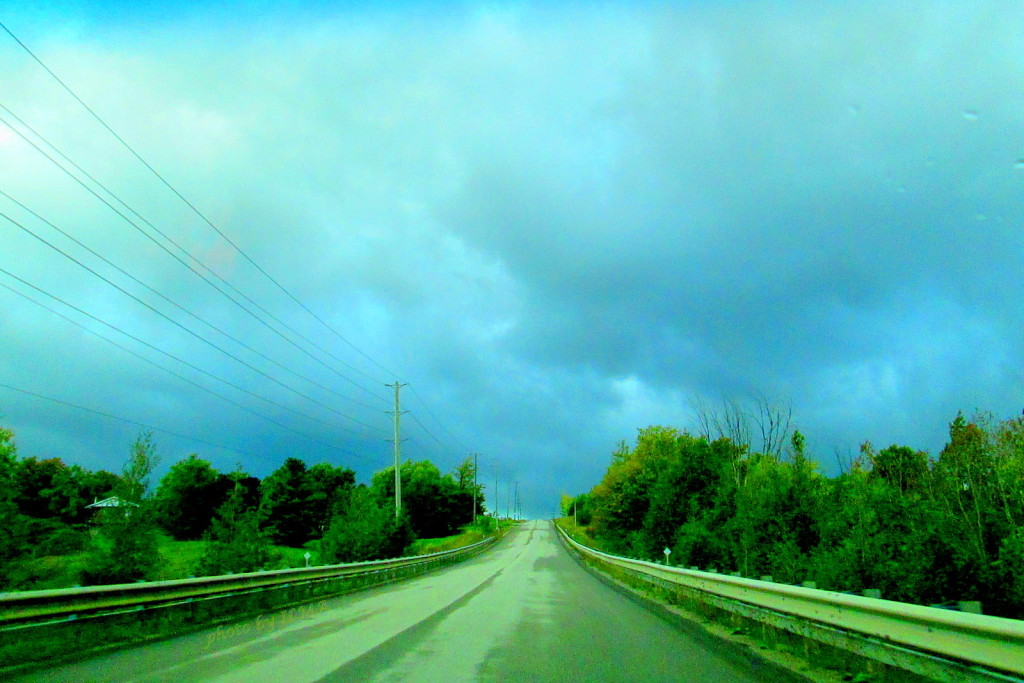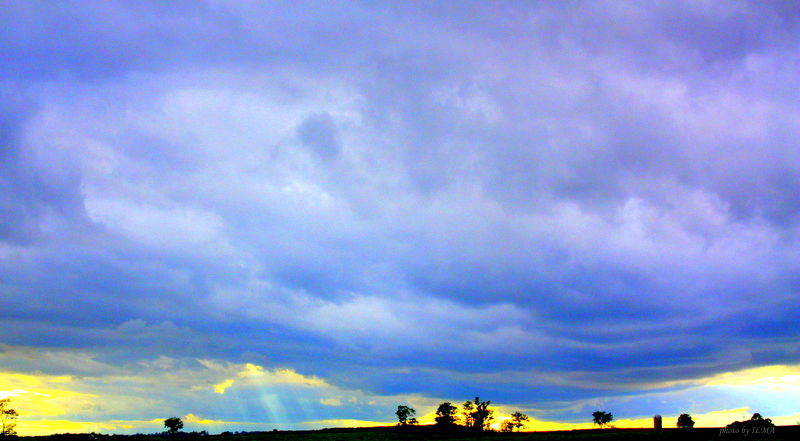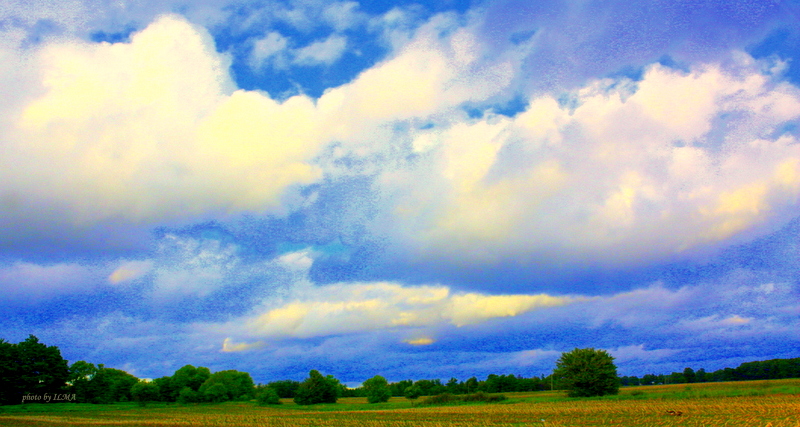March 19
JOHN 14
25 “These things I have spoken to you while I am still with you. 26 But the Helper, the Holy Spirit, whom the Father will send in my name, he will teach you all things and bring to your remembrance all that I have said to you. 27 Peace I leave with you; my peace I give to you. Not as the world gives do I give to you. Let not your hearts be troubled, neither let them be afraid. 28 You heard me say to you, ‘I am going away, and I will come to you.’ If you loved me, you would have rejoiced, because I am going to the Father, for the Father is greater than I. 29 And now I have told you before it takes place, so that when it does take place you may believe. 30 I will no longer talk much with you, for the ruler of this world is coming. He has no claim on me, 31 but I do as the Father has commanded me, so that the world may know that I love the Father. Rise, let us go from here.
– John 14:25-31
JOHN 14 LET NOT YOUR HEARTS BE TROUBLED
A poem by ILMA inspired by these verses
If you will only know how much your Father in heaven loves you
Your hearts will not be troubled for he loves unlike the world
His love is unconditional, steadfast and never lets you down
The world’s love is transactional, selfish and conditional.
In this account, Jesus reiterates his former promise of the Helper, the Holy Spirit and the peace that he alone can give. It is not a “peace” that the world gives. Usually when we humans think about peace, it is more about an act of avoiding or not talking about something that will spark up a confrontation. Most people want to keep the peace just so they do not rock the boat and still appear good. The peace that Jesus was talking about here is a result of the flow of the love of God in those who believe in him. It is a fruit of the Holy Spirit rather than a manufactured kind of peace that we humans do.
When Jesus told them to rejoice now that he is soon going to his Father and leaving them, he was reassuring them that the hour is coming when all these promises will be given to them because of his coming death. He foretold them that the purpose for his coming on earth is now going to happen and that Satan has now begun to use Judas to betray him. So, he knew it was coming, so he asked them to come to the garden to pray with him.
REFLECTION
• What troubles your heart in this world that you need to bring to the cross?










